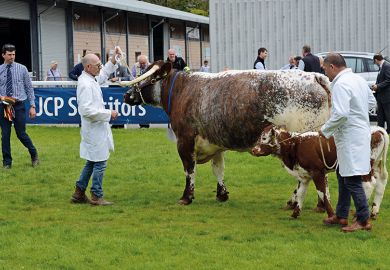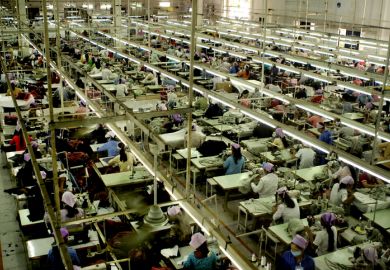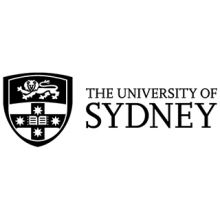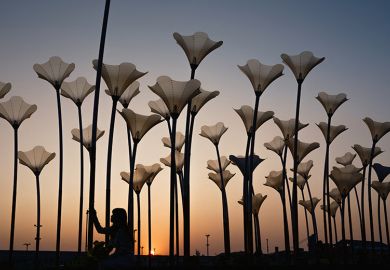Browse the full THE World Reputation Rankings 2019 results
Australia has boosted its standing in the eyes of the global academic community, doubling its presence in the latest edition of the Times Higher Education World Reputation Rankings.
Six Australian institutions have claimed places among the 100 institutions in the table this year – up from three last year – with Monash University, the University of Queensland and UNSW Sydney back on the list after an absence of four or five years.
The rankings, based on the world’s largest invitation-only academic opinion survey, may be seen as evidence of the Australian sector’s resilience in the face of intensifying competition from the powerhouse universities of Asia, Europe and North America.
Australia was the big improver in this year’s edition, climbing from joint seventh to joint third and reversing a five-year decline in the list of most represented countries – and leapfrogging Germany, Japan and the Netherlands in the process.
Duncan Ivison, deputy vice-chancellor of the University of Sydney, said Australian universities were collaborating “more extensively than ever”, and this had spin-offs in the way they were perceived.
“One of the by-products is that people know more about your research and teaching,” he explained. “That ultimately helps your reputation because people understand what you do and get excited about it. You’re seeing that reflected in these rankings, which is really encouraging.”
Professor Ivison stressed that while the rankings had “purchase” in global academia, they did not drive strategy around research, collaboration or any other university activity.
“At the end of the day, you’ve got to be doing great research and offering a great curriculum and educational experience to do well in the rankings,” he said. “That’s what you have to focus on. All the other stuff is noise.”
Sydney boosted its standing in this year’s rankings, rising from the 71-80 to the 61-70 band. The Australian National University slipped slightly to register in the 71-80 band. The country’s top-performing institution, the University of Melbourne, moved up from joint 47th to joint 44th, while Monash, Queensland and UNSW Sydney claimed places in the 91-100 band.
The rankings reflect the views of more than 11,500 published academics from 135 countries. Each nominated the world’s 15 best research universities, based on his or her personal experience, along with the 15 best teaching institutions.
Responses to the survey were spread fairly evenly across academic disciplines, with national coverage reflecting countries’ shares of world scholarship.
Professor Ivison questioned whether his country’s resurgent rankings performance could be maintained, given signs of instability in international enrolments.
“Australia has relied on increasing international student numbers to cushion the lack of investment in research directly,” he said. “I don’t think it’s sustainable over time.
“Our competitors are investing in higher education infrastructure and research because they see the benefit. Australia is not really competing with those countries when it comes to investment in research. There’s a lot of interest in applied research, but I worry about fundamental core research. The UK, Canada, China, Europe – they’re all lifting their investment in basic research, not backing off from it.”
Globally, Harvard University topped the league table, as it has every year since the reputation rankings’ 2011 inception. However, the US share of institutions slipped two places from 44 last year, with Germany, Switzerland and Sweden also registering fewer entries.
Register to continue
Why register?
- Registration is free and only takes a moment
- Once registered, you can read 3 articles a month
- Sign up for our newsletter
Subscribe
Or subscribe for unlimited access to:
- Unlimited access to news, views, insights & reviews
- Digital editions
- Digital access to THE’s university and college rankings analysis
Already registered or a current subscriber?












